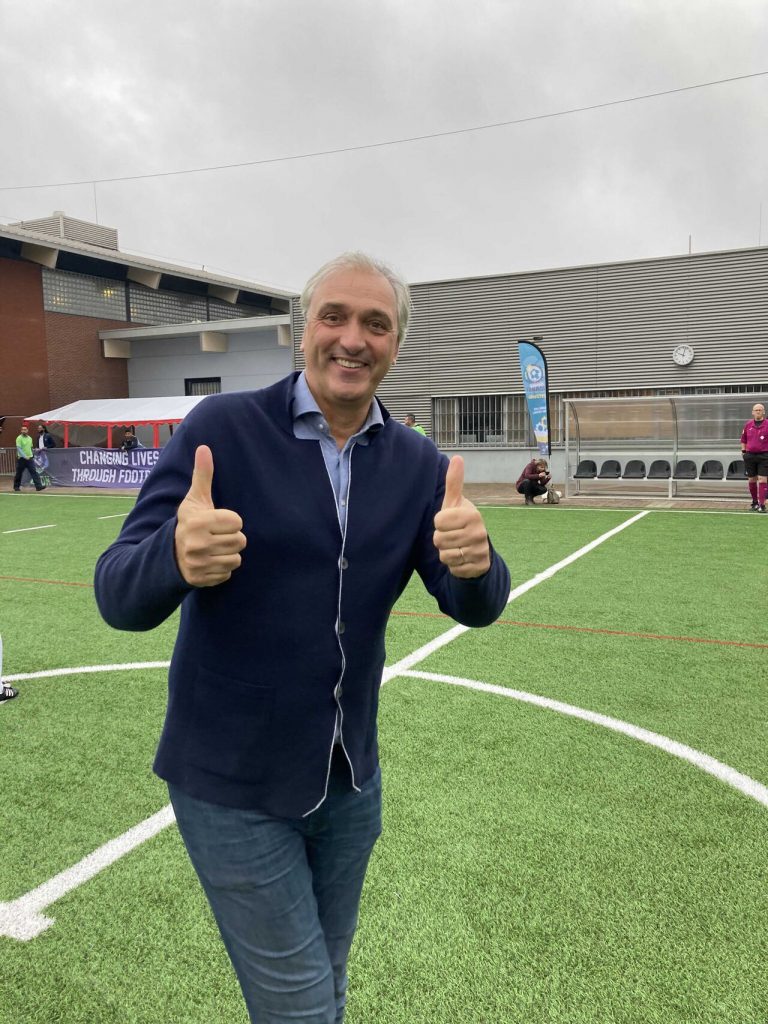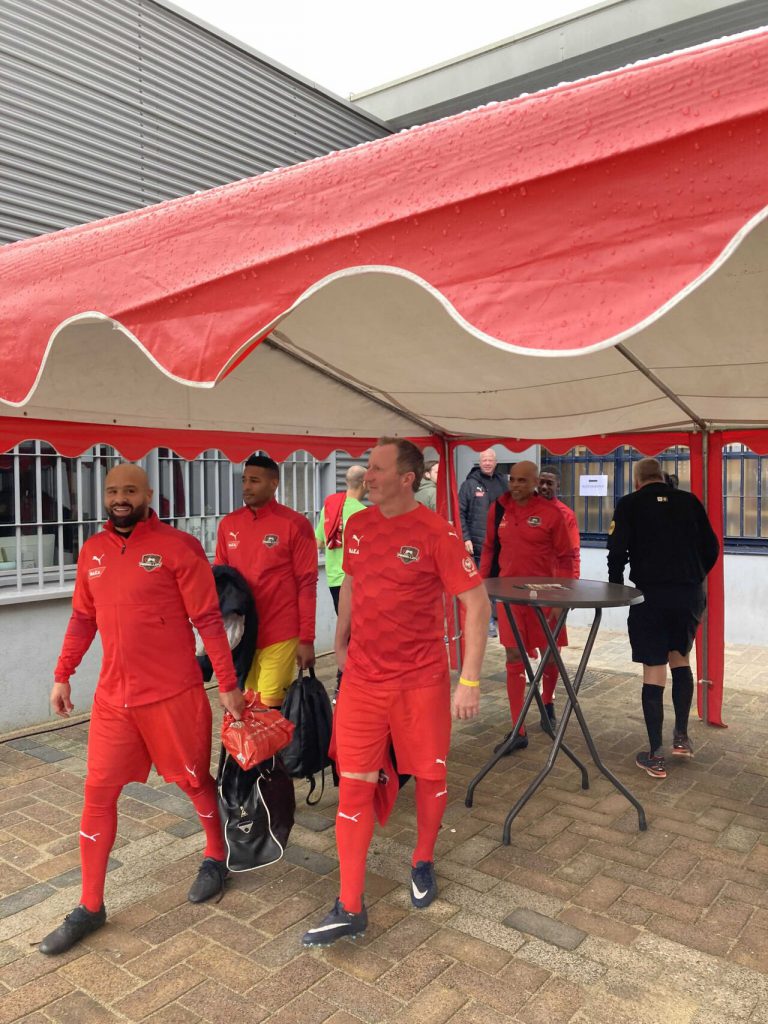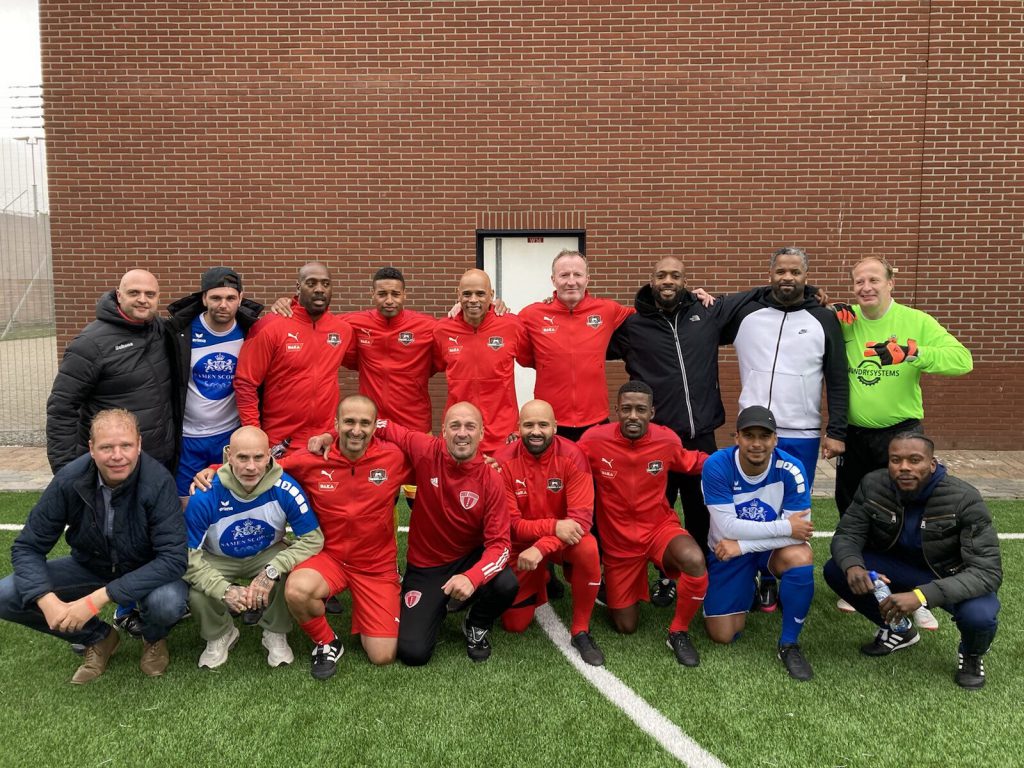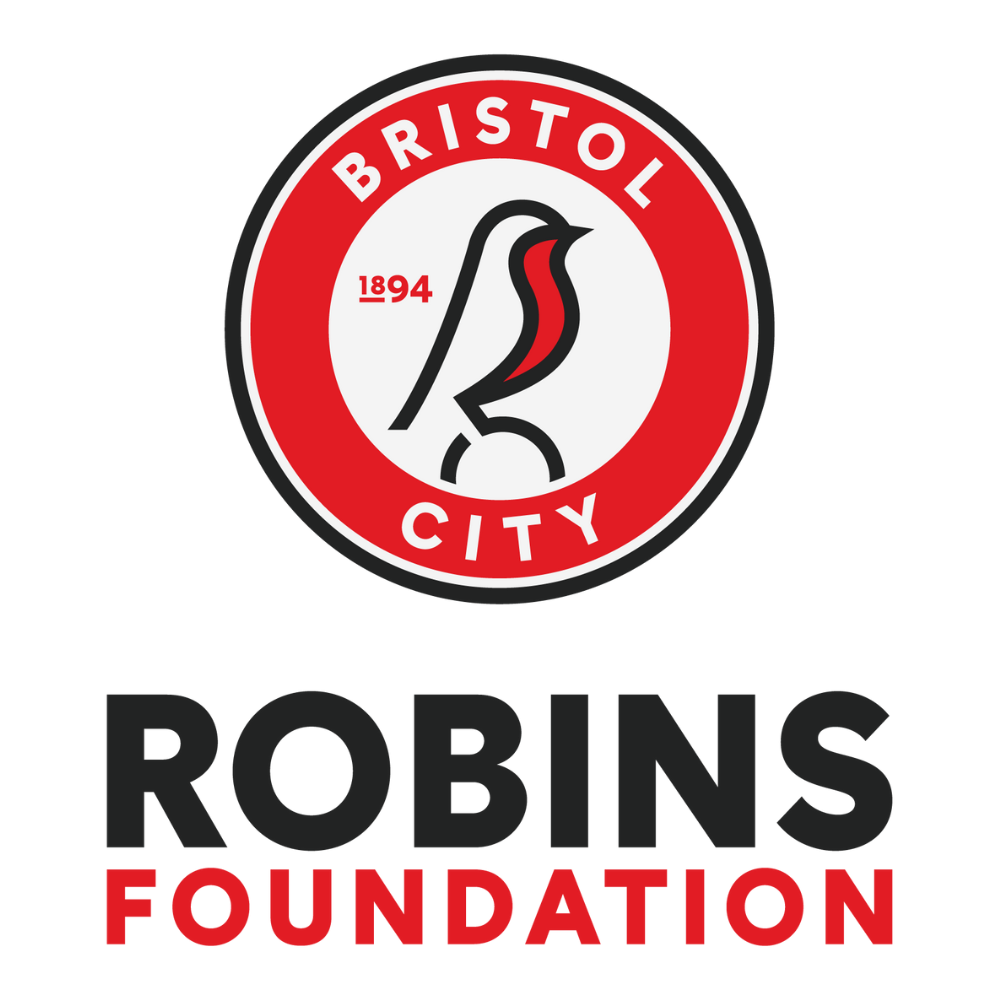Football Works Tournament at P.I. Krimpen
Football brings people and organisations together and has a social power that can inspire people to take positive steps in their own development. The football clubs can play an important role in this by offering social internships and work guidance programmes. It also offers vulnerable people a social safety net and makes them feel part of the society again. ‘Werk via Sport DJI’ and EFDN acknowledge that football can be very important for detainees to successfully return to society after their detention, thereby reducing nuisance, crime and insecurity. EFDN and the ‘Dienst Justitiële Inrichtingen’ have joined forces to organise a tournament that brings together practitioners from the various best practice programmes from across Europe. One of the main objectives is to inspire professional and amateur football clubs to create their own programmes for a target group that is traditionally difficult to reach. The annual Football Works Festival is a platform for football clubs, social organisations and prisons from across Europe that offer work placement programmes.
Yesterday, on the 14th of October 2021, EFDN and the Dutch Department of Justice (DJI) hosted the 5th edition of the annual Football Works Festival at the prison in Krimpen, the Netherlands. The football tournament involved 8 teams: two Belgian teams, a team from KAA Gent and Younited Antwerpen, with ex-prisoners were participating in the football tournament, a socially inspired team of Excelsior Rotterdam, a team ‘WerkviaSportNL’, teams of PI Krimpen aan den IJssel, PI Arnhem and PI Veenhuizen and of course the collection of ex-players ‘FC De Rebellen’ with among others Glenn Helder, Ruben Schaken, Andwelé Slory and Ali Boussabon. Representatives of prisons, governments, football clubs and NGOs were also able to share their knowledge and experiences.
The matches were played in the courtyard of the Krimpen aan den IJssel correctional institute on the artificial grass pitch of the prison. The atmosphere was good within the high fences of the heavily secured PI Krimpen, where a total of more than 400 men are imprisoned. The game was played hard, the shots were fired hard, but it never got nasty. Former referee Roelof Luinge was able to keep the yellow and red cards in his pocket. “We don’t need a VAR here and the cards are still in my bag,” laughed the 66-year-old former top referee.
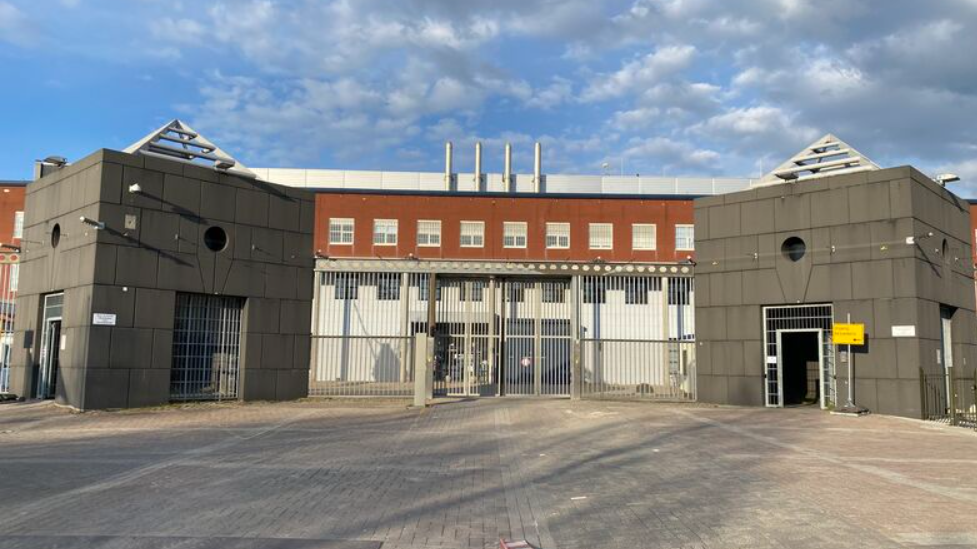
Re-integration
“Sport can play a decisive role in the reintegration process. It not only provides motivation and connection, but the network that a sports club or association brings with it is also valuable. It can help someone through made connections to a paid job.”
Erwin Heesterman on behalf of the management of the penitentiary institution (PI) Krimpen.
“Reintegration actually starts inside,” says former player Glenn Helder. “You are only allowed to play football if you behave well inside, that motivates you.” The 52-year-old former professional footballer has been behind bars himself in the past. “These are players with a scratch, I had a big cross. “It is better for society that the people who come in here go out in a different way. It’s not a hotel, but it shouldn’t be the case that everything goes to shit for these guys and they leave even more frustrated. Through sport, you can cause a change. A win-win situation,” says Helder.
“The worst thing is and remains that someone else opens and closes your door. No matter how good the field looks here, no matter how good the food is, it doesn’t matter. Someone else decides about your freedom and therefore you have to make sure that you never end up here. I also give lectures in prisons so I know what’s going on. They see me as one of them, but I try to give them a different perspective on life. You also need to have a bit of luck, but it starts with mentality.”
Glenn Helder, former professional player from Sparta, Vitesse and Arsenal.
The tournament had matches of twelve minutes and of 14 minutes during the final matches. The rules have been changed somewhat. “We almost play a kind of indoor football,” says Roelof Luinge, who is in his fifth edition of prison football and still active in amateur football. “No sliding, for example, and no physical contact either. “It’s fine like this, perfectly organised with a nice atmosphere, even though it’s a prison. There’s no VAR here”. The kick-off was done by EFDN’s very own Robert Maaskant, Programme and Partnerships Manager. Maaskant himself is taking a look at a tournament inside the prison walls for the first time. Maaskant thought there would be a lot of misery and aggression on the pitch, but that is not the case at all, he sees. “People help each other up.”
“We stimulate social interaction and hope to reintegrate these people into society. More than 140 European clubs, leagues and FA’s are members. Today it is only Belgium and the Netherlands who participate because of corona, but we normally do it with more countries.”
Robert Maaskant
In the end, the trophy went to the former pros FC De Rebellen, who defeated the team from PI Krimpen aan den IJssel in a blistering final. The Fair Play Award, for the team who collected the most fair play points given for every match (maximum five), was won by Younited Antwerpen who played and acted full of empathy, fair play and support.
There will be another news article with more photos and content next week. If you’re from the Netherlands, you can watch a TV report on the tournament on ESPN’s Eretribune which will be broadcasted on Saturday, 16th of October.

